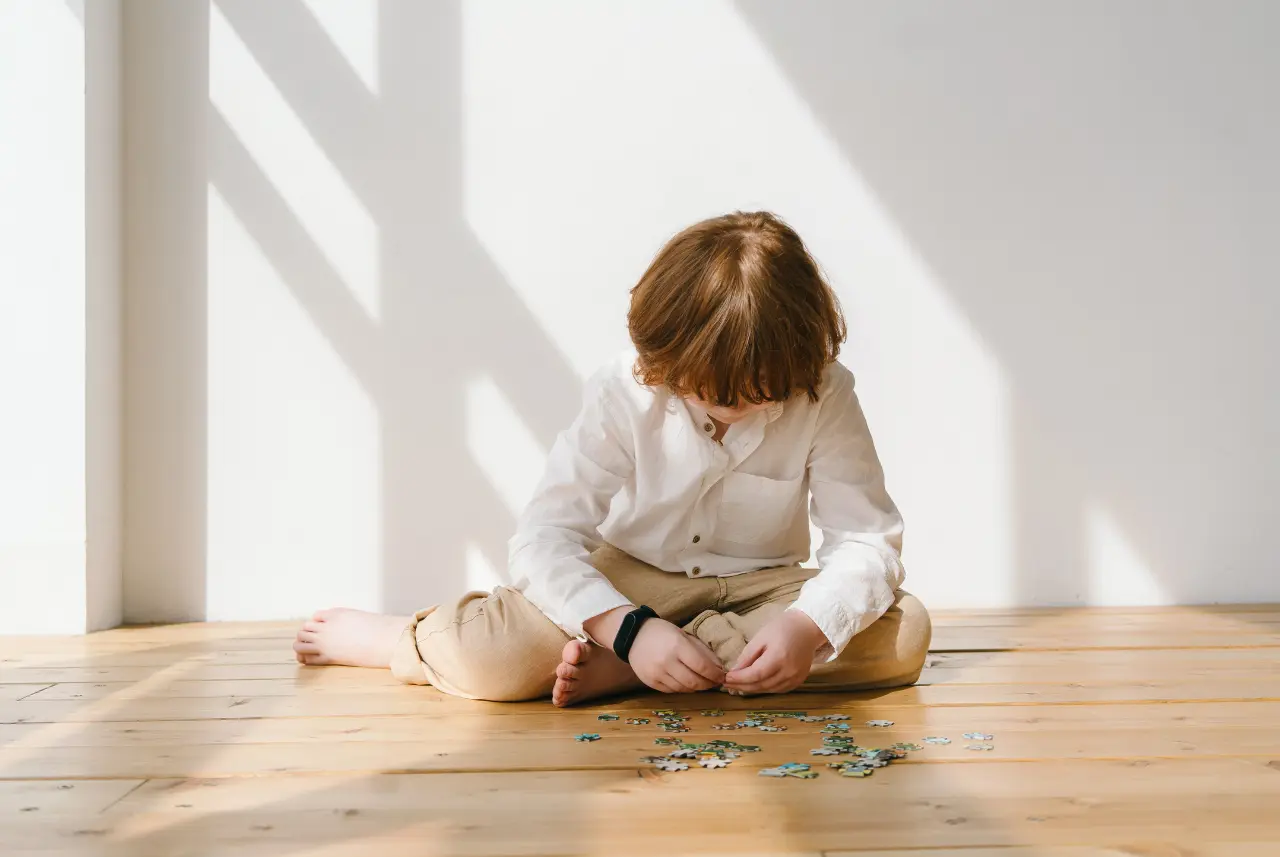
As the world marks World Mental Health Day on October 10, international organizations and Mexican authorities are warning about the growing emotional vulnerability of children and youth, particularly in the face of violence, discrimination, poverty, and social conflict.
According to reports from the United Nations Children’s Fund (UNICEF), exposure to these risk factors significantly increases the likelihood of developing mental health disorders. The World Health Organization (WHO) notes that the greater the number of risks a child or adolescent faces, the deeper the potential impact on their mental well-being.
This reflection gains urgency following the recent violent incident at the National Autonomous University of Mexico (UNAM), where on September 22, student Jesús Israel Hernández was killed by another 19-year-old student. This tragedy reignited public debate on the importance of emotional and psychological support in educational spaces.
The Pan American Health Organization (PAHO) emphasizes that childhood and adolescence are critical periods for brain and mental development, as young people’s well-being is highly sensitive to environmental influences. UNICEF and WHO both stress that the early years of life not only shape mental health in youth but also have lasting effects into adulthood, potentially altering an individual’s life trajectory.
In an increasingly complex world, the shortage of mental health professionals available to serve younger populations has become a pressing global concern.
According to Fernando Wagner, a scholar at the University of Maryland, the world faces a growing lack of specialists trained in child and adolescent mental health. WHO data show that one in seven young people aged 10 to 19 experiences a diagnosable mental condition.
Depression and anxiety rank among the top five causes of disability in this age group, while suicide remains the third leading cause of death among people aged 15 to 29, according to PAHO.
To address these issues, UNAM’s Faculty of Psychology has been holding the International Research Seminar on Coexistence in Educational Institutions: Challenges, Tensions, and Emerging Topics since February 20, running through November 20, to foster healthier school environments and strengthen social and emotional coexistence.
Mexican President Claudia Sheinbaum Pardo has made youth mental health a national priority, launching a comprehensive psychological support program as part of the initiative “Jornadas por la Paz y Contra las Adicciones” (Campaign for Peace and Against Addictions).
The program aims to provide safe spaces where young people can express their emotions, receive counseling, and report cases of violence or exclusion. “At certain stages of life, there are higher tendencies toward depression for various reasons, including the influence of social media and the formation of groups that can foster isolation. We want to address these issues at their root,” President Sheinbaum said.
Azucena Ochoa Cervantes, professor at the Autonomous University of Querétaro (UAQ), noted that Mexico’s New Mexican School (NEM) model seeks to strengthen students’ social, emotional, and affective skills, ensuring their right to an inclusive education centered on mental well-being.
Experts agree that addressing youth mental health must go beyond government policy and become a collective societal effort.
“It’s not enough for this to be a government agenda,” said Pamela Garbus, professor and researcher at UAQ. “As adults, we must recognize our shared responsibility and rebuild support networks and social bonds that help heal the harm done to children and young people.”
WHO warns that neglecting mental health during childhood can limit development and opportunities later in life.
To strengthen primary care responses, PAHO launched the online course “Improving the Mental Health of Children and Adolescents in Primary Care,” which provides evidence-based tools to identify common disorders and design appropriate early interventions.
More information about this course is available at campus.paho.org.
Since 2011, UNAM has operated Espora, a free psychotherapy program that assists more than 5,000 students each year with the support of 150 mental health specialists. Program coordinator Vicente Zarco explained that its mission is to “reduce students’ emotional suffering and support schools in managing crises.” Students can seek help through espora.unam.mx.
Related: Mexico Moves Toward a Progressive National Care System